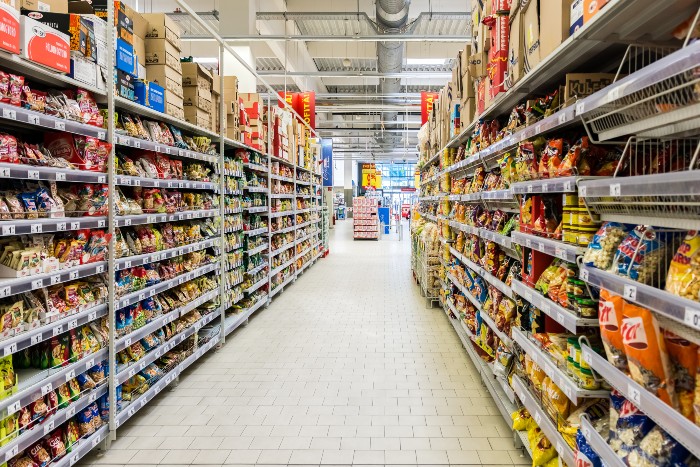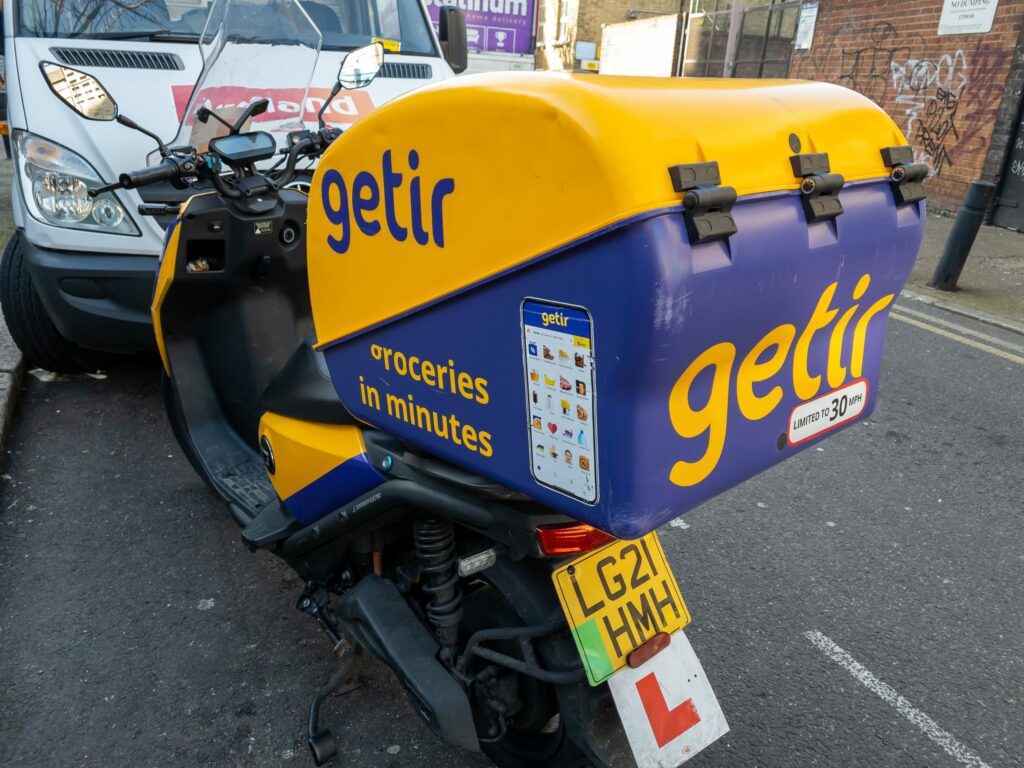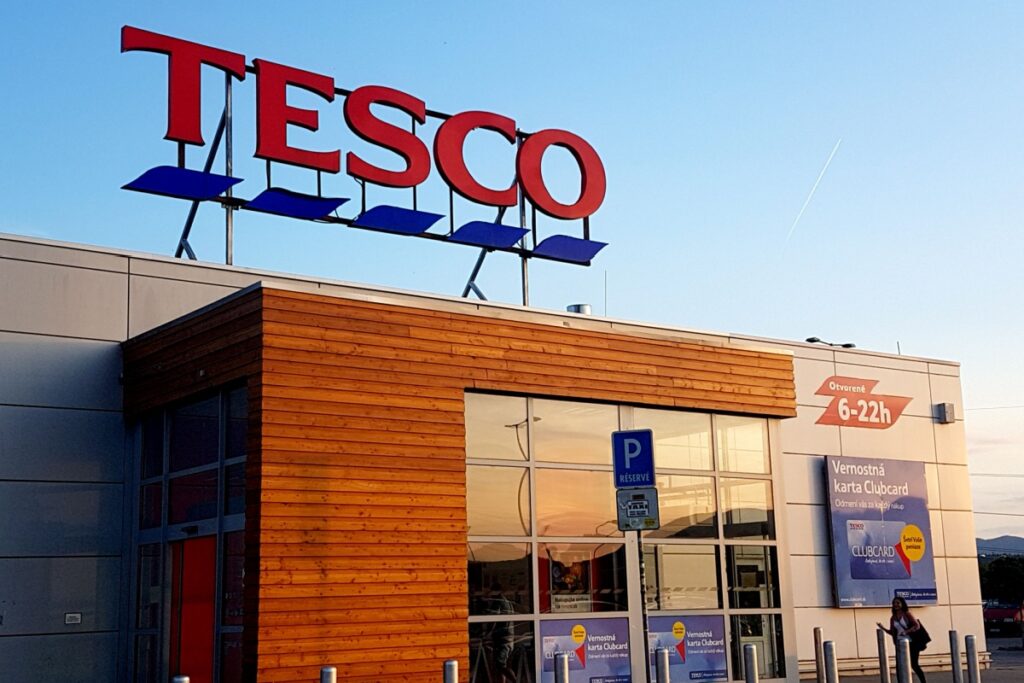It emerged last week that the government will delay the introduction of HFSS legislation, which was set to clamp down on junk food promotions and advertising.
Deals on HFSS (foods high in fat, salts and sugar), such as ‘buy one get one free’ (BOGOF) or ‘3 for 2’ offers on biscuits, crisps and sugary cereals will now be delayed by a year, coming into force in October 2023, in the wake of the cost-of-living crisis.
Maggie Throup public health minister explains: “The delay to restrictions on multibuy deals will allow the government to review and monitor the impact of the restrictions on the cost of living in light of an unprecedented global economic situation.”
However, Tesco has decided to take matters into its own hands and will push ahead with removing volume-led promotions on HFSS products from October.
Tesco UK & ROI CEO Jason Tarry says: “It’s vital that we keep making the right calls on behalf of customers and communities.
“Customers are telling us they want to eat a more healthy, sustainable diet, but without having to stretch the weekly shopping budget.”
Alessanda Bellini, chief customer officer at Tesco, adds: “We will always make sure our products are competitively priced. But we can’t stop there. Obesity levels are rising among adults and children and the health of our nation must also be at the top of our agenda.”
Tesco is not alone. Sainsbury’s has also vowed to scrap HFSS promotions. Chief marketing officer Mark Given says: “We are committed to continuing to follow the government’s original HFSS promotional timelines and call on the rest of the industry to do the same.”

But not all in the industry seem set to follow. Morrisons revealed yesterday that it will remain selling HFSS multibuy deals to help customers facing the cost-of-living crisis.
The supermarket is the first of the Big Four to commit to continuing the deals.
But, which is the right approach?
Consumer expert and broadcaster Kate Hardcastle argues that the like of Tesco and Sainsbury’s are demonstrating that they are “helping customers make healthier choices”.
She believes supermarkets that do not follow suit could risk harming their reputation.
Chartered Institute of Marketing head of PR and engagement James Delves says Tesco and Sainsbury’s are not just doing the right thing, they “clearly recognise the public’s appetite for healthier, tastier and more nutritious products”.
In fact, Tesco says that 86% of customers say they want to eat more healthily, and 77% want help from supermarkets in doing so.

One PR expert who has worked with big supermarkets believes that there is growing pressure for retailers to follow the lead of Tesco and Sainsbury’s.
Furthermore, he says the grocers have a duty to have a positive influence on society.
“They can do this by reducing HFSS products, but the government has a huge role to play in education. People don’t know what to buy, especially as the cost-of-living rises,” he says.
But do retailers not also have a duty to try to give customer great deals during these inflationary times?
Grocery expert Bryan Roberts argues that HFSS deals have been proven to increase spending, not save people money, so they may not be beneficial to hard-pressed consumers.
Meanwhile, Tesco and Sainsbury’s highlight that compelling deals can be focused on healthier foods instead.
Sainsbury’s says that last year nearly 60% of our promotions were on healthier or better for you choices.
Just last week, Tesco launched its ‘Better Baskets’ campaign, which created healthy zones in stores, signposting foods that are high in fibre, plant-based options, low and no alcohol drinks, snacks and under 100 calories, that the grocer has vowed to make more affordable.
Bellini says: “We understand that customers want to make better choices but not have to pay more. Our Better Baskets campaign means there is no compromise.”
Aside from the navigating the reputational risks of pushing junk food, Roberts argues it makes practical sense for supermarkets to be seen pushing forward with the junk food promotion ban as in reality they are increasingly rare in retail anyway.
“Most non-meal deal volume promotions are a thing of the past outside convenience, it makes sense to follow the lead of Tesco and Sainsbury’s,” he says.
By opting to ignore the government’s U-turn, retailers could boost their reputation without risking much in the way of sales.
With Tesco, Sainsbury’s, and Morrisons showing their hands when it comes to HFSS promotions, it is only time until other supermarkets reveal their stance.
Click here to sign up to Retail Gazette‘s free daily email newsletter
















